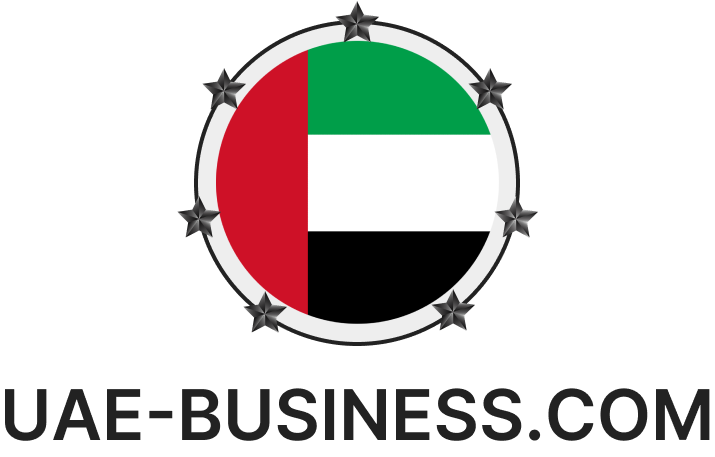Mercantile & Maritime Group Unveils the Middle East’s Largest Biofuel Facility, Boosting UAE’s Green Energy Goals
Mercantile & Maritime Group, a global leader in energy, logistics, and oil and gas trading, has announced a major expansion of its fully owned MENA Terminals facility in Fujairah, marking the launch of a pioneering AED 2.2 billion biofuel processing plant. This move underscores the company’s commitment to advancing sustainable energy solutions while reinforcing the UAE’s ambitious goal of becoming a global leader in green energy.
The new biofuel facility will be expanded by over 1 million square feet at MENA Terminals and is expected to be operational by 2026. Once complete, the plant will produce up to 150 million litres of sustainable aviation fuel (SAF) annually, which will account for nearly 10% of the world’s current SAF production. This significant development not only reinforces the Middle East’s role in sustainable energy but also aligns with the UAE’s strategy to reduce carbon emissions and position itself as a key player in low-carbon aviation fuel production.
Mr. Murtaza Lakhani, CEO of Mercantile & Maritime Group, expressed his excitement about the project: “This expansion is a major step forward for both our company and the UAE’s green energy ambitions. We extend our deepest gratitude to the UAE’s visionary leadership and His Highness Sheikh Hamad bin Mohammed Al Sharqi, Ruler of Fujairah, for their unwavering support, which has been instrumental in bringing this project to life. Fujairah’s strategic location and progressive leadership make it the perfect hub for our biofuel facility, which will be the largest of its kind in the Middle East. Our investment is a reflection of our dedication to environmental responsibility and to the UAE’s ‘Net Zero 2050’ initiative. We are proud to play a role in shaping a more sustainable future for the region.”
The SAF plant will reduce the UAE’s reliance on imported fuels, lowering carbon emissions and minimizing environmental impacts throughout the supply chain. In addition to using traditional shipping methods, the facility will leverage the local rail network to distribute SAF across the UAE, with plans for broader regional distribution in the future. The plant will also integrate advanced artificial intelligence to optimize refinery operations and maintenance, ensuring cutting-edge efficiency and sustainability.
The facility will adhere to the highest international standards, including those set by IATA, CORSIA, and RED III, ensuring full compliance with global environmental regulations. “By producing SAF locally, we not only contribute to the UAE’s energy security but also enhance its environmental performance by reducing emissions and improving the sustainability of aviation fuel production,” Lakhani added.
